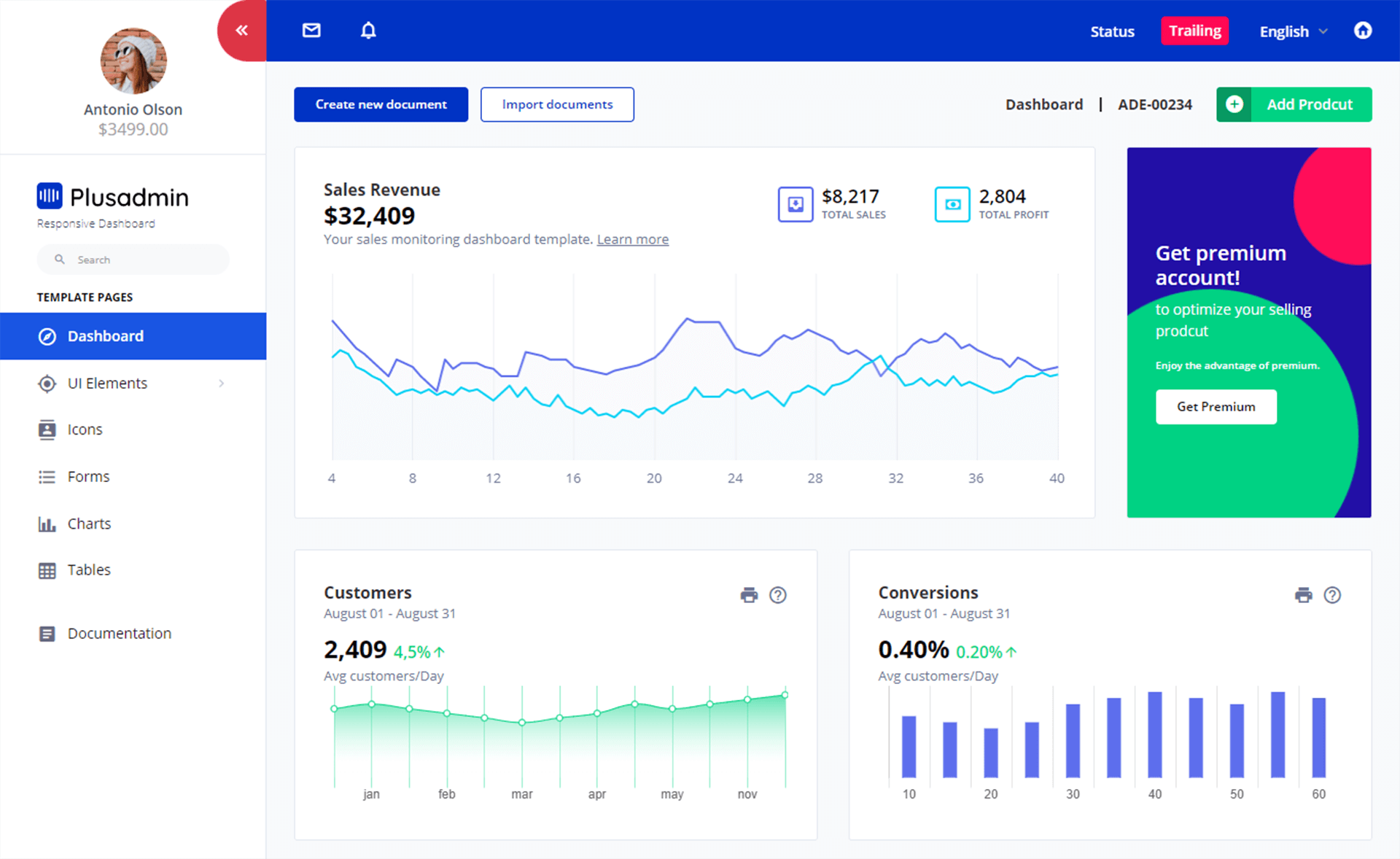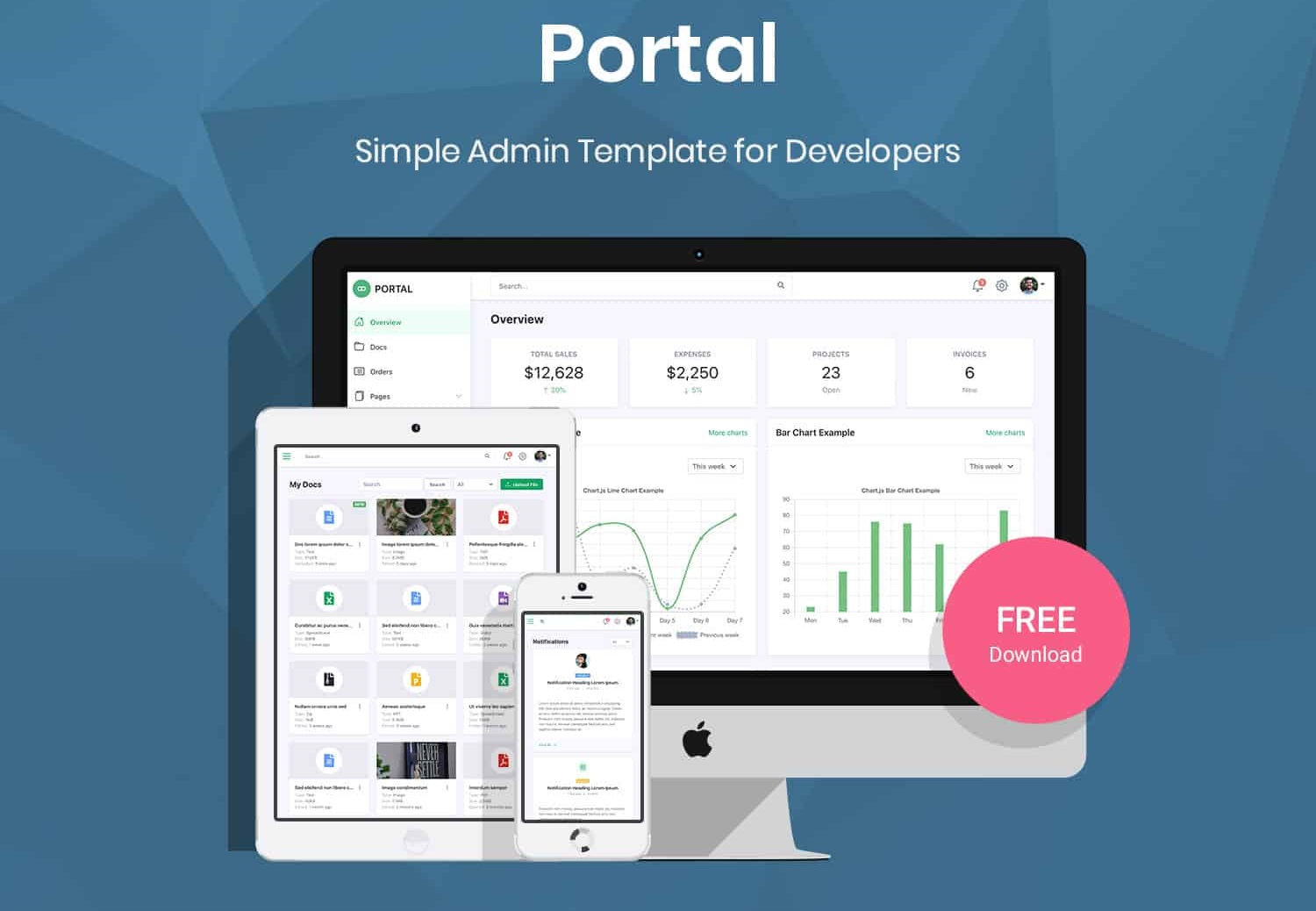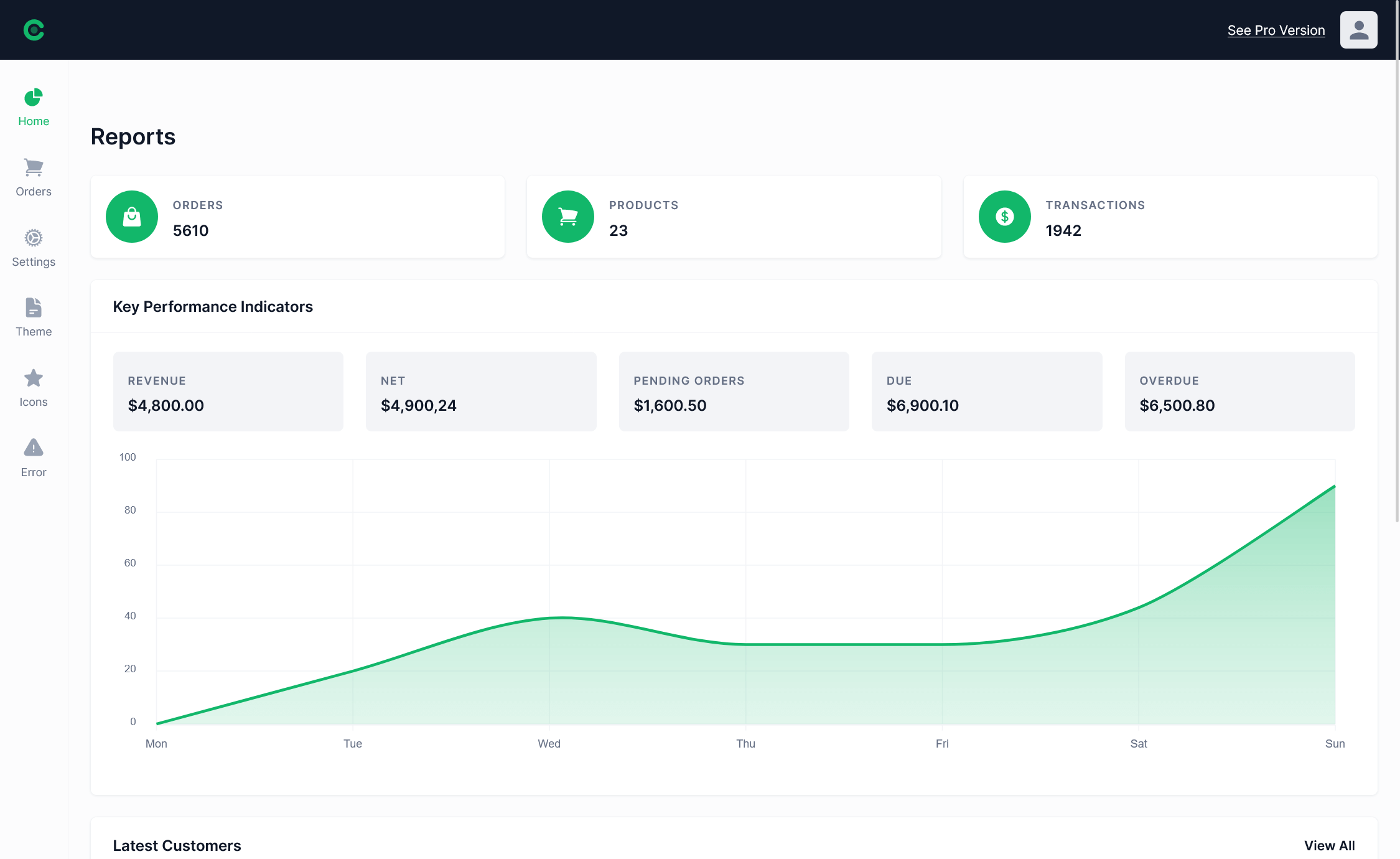How to convert a dictionary to a list in C#
By Tan Lee Published on Dec 20, 2024 3.3K
C# Dictionary to List
Converting a dictionary to a list is a common task, and C# provides a few simple ways to achieve this using LINQ or loops.
Convert a Dictionary to a List of KeyValuePair in C#
The simplest way to convert a dictionary to a list is by using the LINQ ToList() method. This method will convert each key-value pair into a KeyValuePair<TKey, TValue> in a list.
For example, c# convert dictionary to list
// c# dictionary to list of key value pairs
var dictionary = new Dictionary<int, string>()
{
[100] = "Bob",
[101] = "Tom",
[102] = "Teddy"
};
// convert dictionary to list c#
var list = dictionary.ToList(); // c# dictionary tolist
// c# dictionary with list as value
foreach(var kvp in list)
{
Console.WriteLine($"{kvp.Key}={kvp.Value}");
}Output:
100=Bob 101=Tom 102=Teddy
When used on a dictionary, the ToList() method returns a list of KeyValuePair objects, where each KeyValuePair contains a key and its corresponding value from the dictionary.
Convert Dictionary Keys to a List in C#
If you only need the keys from the dictionary, you can use ToList() on the Dictionary.Keys collection.
For example, c# dictionary keys to list
// c# dictionary keys to list
var list = dictionary.Keys.ToList();
foreach(var key in list)
{
Console.WriteLine(key);
}Output:
100 101 102
Convert Dictionary Values to a List in C#
If you are only interested in the values of the dictionary, you can use ToList() on the Dictionary.Values collection to convert dictionary values to a list in C#.
For example, c# dictionary to list of values
// c# dictionary to list of values
var list = dictionary.Values.ToList();
foreach(var val in list)
{
Console.WriteLine(val);
}Output:
Bob Tom Teddy
Convert Dictionary to a List of Tuples in C#
To convert a dictionary to a list of tuples, you can use LINQ's Select() method to project each key-value pair as a tuple. The result can then be converted to a list using ToList().
For example, c# dictionary to list linq
// c# dictionary to list linq
var list = dictionary.Select(kvp => (Id: kvp.Key, Name: kvp.Value)).ToList();
foreach(var tuple in list)
{
Console.WriteLine($"{tuple.Name} has id {tuple.Id}");
}Output:
Bob has id 100 Tom has id 101 Teddy has id 102
For example, c# list to dictionary linq
Suppose you have a list of objects, and you want to convert it to a dictionary where one property is the key and another property is the value.
public class Player
{
public string Name { get; set; }
public int Level { get; set; }
}
List<Player> players = new List<Player>
{
new Player { Name = "ShadowMaster", Level = 78 },
new Player { Name = "DragonSlayer22", Level = 92 },
new Player { Name = "StealthNinja", Level = 64 }
};
// Using LINQ to convert List to Dictionary
// list to dictionary c#
Dictionary<string, int> playerLevels = players.ToDictionary(p => p.Name, p => p.Level);
// Output the dictionary
foreach (var player in playerLevels)
{
Console.WriteLine($"{player.Key}: {player.Value}");
}Using a Loop to Convert Dictionary to a List in C#
Sometimes you might want more control over how the dictionary is converted to a list. You can manually loop through the dictionary and add items to a list as needed.
var list = new List<KeyValuePair<int, string>>();
foreach(var kvp in dictionary)
{
if (kvp.Key > 100)
{
list.Add(kvp);
}
}
Console.WriteLine($"List has {list.Count} items");Output:
List has 2 items
How to get all keys of a dictionary with C#?
The Keys property of a dictionary returns a collection containing all the keys. It gives you a KeyCollection object, which you can iterate over to access the dictionary keys.
// Create a dictionary
Dictionary<string, int> countryList = new Dictionary<string, int>();
countryList.Add("USA", 331);
countryList.Add("India", 1380);
countryList.Add("China", 1441);
countryList.Add("Japan", 125);
countryList.Add("Germany", 83);
// Get and display keys
Dictionary<string, int>.KeyCollection keys = countryList.Keys;
foreach (string key in keys)
{
Console.WriteLine("Country: {0}", key);
}Output:
Country: USA Country: India Country: China Country: Japan Country: Germany
In this example:
- The
Keysproperty ofCountryListretrieves the collection of country names (the dictionary keys). - A
foreachloop is used to iterate through theKeyCollectionand print each country name.
C# KeyCollection to List
To convert a KeyCollection (which is typically a collection of keys from a dictionary) to a List in C#, you can use the ToList() extension method provided by LINQ.
For example, c# dictionary to list of objects
// Create a dictionary
Dictionary<int, string> myDictionary = new Dictionary<int, string>
{
{ 1, "One" },
{ 2, "Two" },
{ 3, "Three" }
};
// Get all the keys of the dictionary
var keys = myDictionary.Keys;
// Print all the keys
foreach (var key in keys)
{
Console.WriteLine(key);
}Output:
1 2 3
In this example:
myDictionary.Keysretrieves theKeyCollectioncontaining all the keys in the dictionary.- You can iterate through the keys using a
foreachloop to access and print them.
You can also convert the keys to a List if you need to work with them as a list:
List<int> keyList = myDictionary.Keys.ToList();
This will give you the keys in a List<int>.
C# Convert Dictionary Values to List
To convert the values of a Dictionary to a List in C#, you can use the Values property of the dictionary, which returns a ValueCollection. Then, you can convert this collection into a List using the ToList() method.
For example, convert dictionary values to list in C#.
// Create a dictionary
Dictionary<string, int> countryPopulation = new Dictionary<string, int>();
countryPopulation.Add("USA", 331);
countryPopulation.Add("India", 1380);
countryPopulation.Add("China", 1441);
countryPopulation.Add("Japan", 125);
countryPopulation.Add("Germany", 83);
// Convert dictionary values to a List
List<int> populationList = countryPopulation.Values.ToList();
// Print all the values (population)
foreach (int population in populationList)
{
Console.WriteLine("Population: {0} million", population);
}Output:
Population: 331 million Population: 1380 million Population: 1441 million Population: 125 million Population: 83 million
In this example:
countryPopulation.Valuesretrieves the collection of values (population counts in this case) from the dictionary.ToList()converts theValueCollectioninto aList<int>.- You can now work with the population values as a
List.





